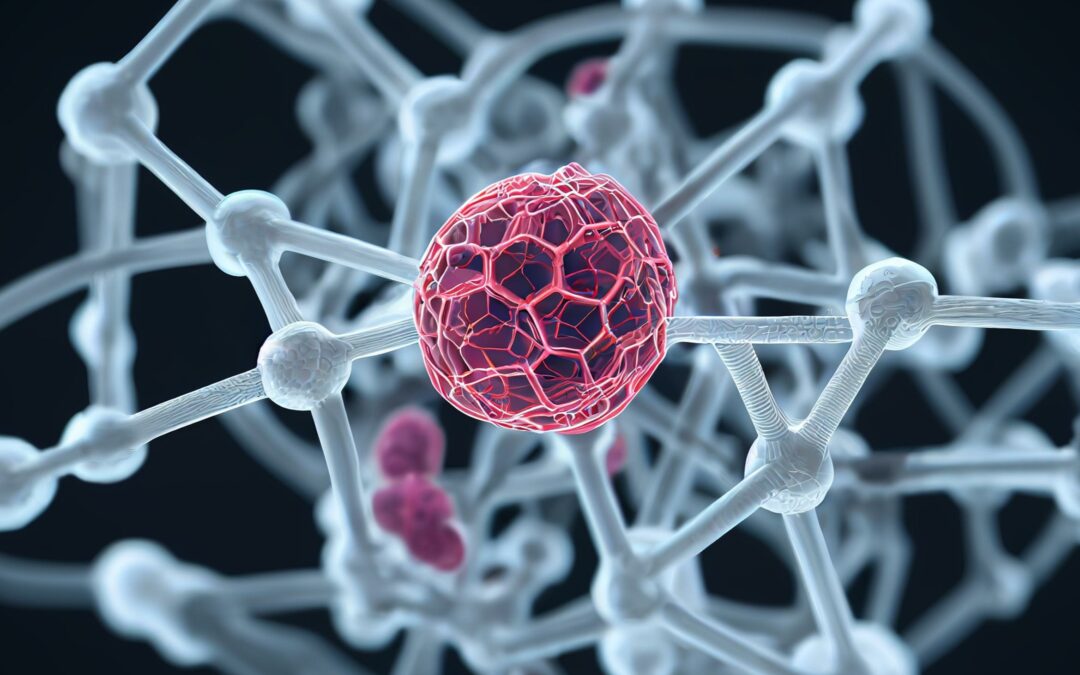Adderall, a prescription stimulant used widely in the treatment of Attention Deficit Hyperactivity Disorder (ADHD), has become a subject of discussion in the realm of substance misuse and addiction. As an addiction specialist, I want to delve into the complexities surrounding this medication, its therapeutic use, and its potential for misuse and addiction.
What is Adderall?
Adderall is a combination of amphetamine and dextroamphetamine, two central nervous system stimulants that help increase attention and decrease impulsivity and hyperactivity in patients with ADHD. The drug works by increasing the levels of certain chemicals in the brain that help with focus, attention, and impulse control.
Although primarily used for treating ADHD, Adderall is also sometimes prescribed for narcolepsy, a neurological disorder that affects the control of sleep and wakefulness.
The Therapeutic Use of Adderall
For individuals diagnosed with ADHD, Adderall can be life-changing. The stimulant properties of the drug can help improve focus, attention span, and control impulsive behavior. Many individuals with ADHD describe the medication as necessary in managing their condition and enabling them to function more effectively in their daily lives.
However, it is crucial to note that the effectiveness of Adderall and other stimulant medications is contingent upon proper use under the guidance of a healthcare professional. The dosages need to be carefully calibrated and monitored for each individual to ensure maximum therapeutic benefit while minimizing potential side effects.
Adderall and the Risk of Addiction
While Adderall has proven therapeutic benefits, it also carries a risk of misuse and potential addiction, especially when not used as prescribed. Adderall’s ability to increase focus and energy levels and decrease fatigue has made it a popular drug of abuse, particularly among high school and college students seeking to boost their academic performance.
When taken in doses and methods not prescribed, Adderall can produce a feeling of euphoria, especially if it’s snorted or injected – forms of administration that deliver the drug more rapidly to the brain. This can increase the risk of addiction.
Addiction is characterized by compulsive drug-seeking behavior despite harmful consequences. It often involves physical dependence, where the body adapts to the drug, requiring more of it to produce a similar effect (tolerance), and causing withdrawal symptoms upon abrupt cessation. Signs of Adderall addiction can include an inability to complete tasks without Adderall, needing larger doses to feel its effects, and using the drug despite it causing personal or professional issues.
The Dangers of Adderall Misuse
Misusing Adderall can have serious health consequences. High doses of Adderall can lead to cardiovascular issues such as high blood pressure, heart disease, and even heart failure. Other potential risks include mental health problems like anxiety, paranoia, and hostility. Individuals may also experience physical symptoms such as insomnia, malnutrition due to suppressed appetite, and in severe cases, seizures.
Moreover, abruptly stopping Adderall after prolonged misuse can lead to withdrawal symptoms, including fatigue, depression, and disturbed sleep patterns. These symptoms can be severe and make it challenging for individuals to stop using the drug, further perpetuating the cycle of addiction.
Conclusion
Adderall, like many prescription drugs, presents a paradox. It can be a vital tool in managing conditions like ADHD but also carries a risk of misuse and addiction. The key to navigating this paradox lies in understanding and education – for healthcare professionals to prescribe responsibly, for patients to use the medication as directed, and for society to recognize and address the signs of misuse and addiction.
If you or someone you know is struggling with Adderall misuse or addiction, it’s crucial to seek professional help. Remember, recovery is not only possible but is a realistic goal with the appropriate treatment and support.

